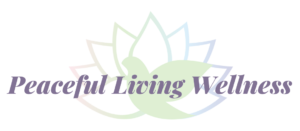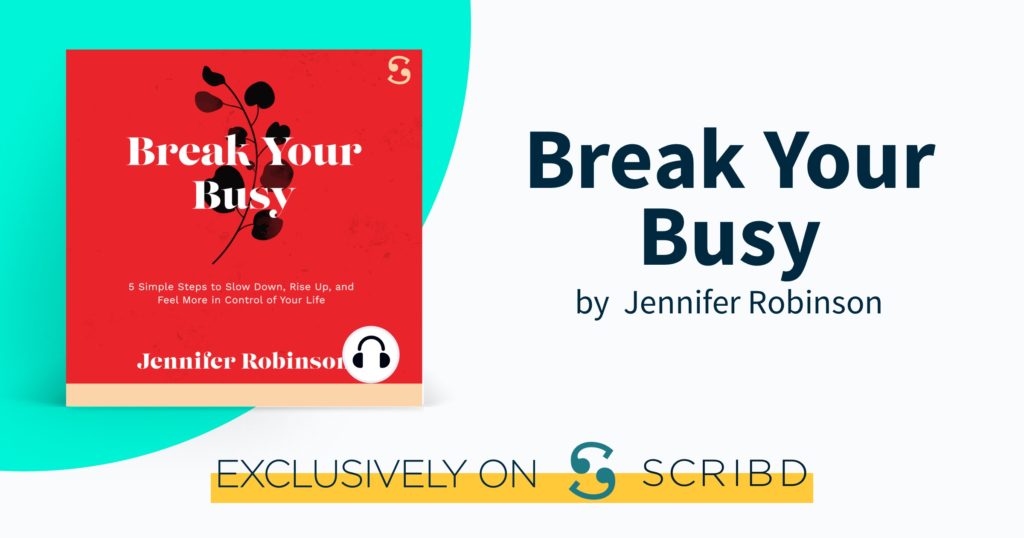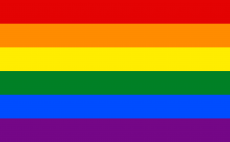I’ve never liked the idea of writing in a coffee shop. They’re a place you go to work in. To cross items off of your to-do list, finish your finals, submit that project. There’s a sense of needing to get everything done. And if I’m there to work, it’s perfect.
But writing has never felt like work.
Someone recently asked me how to get started, especially when you feel like you have no new or worthwhile ideas. It’s something every artist groans over, particularly in the beginning, and then again on those in-between days when the fog won’t clear from your mind. If I were to give you one blanket piece of advice, it would be this: find what makes you feel alive.
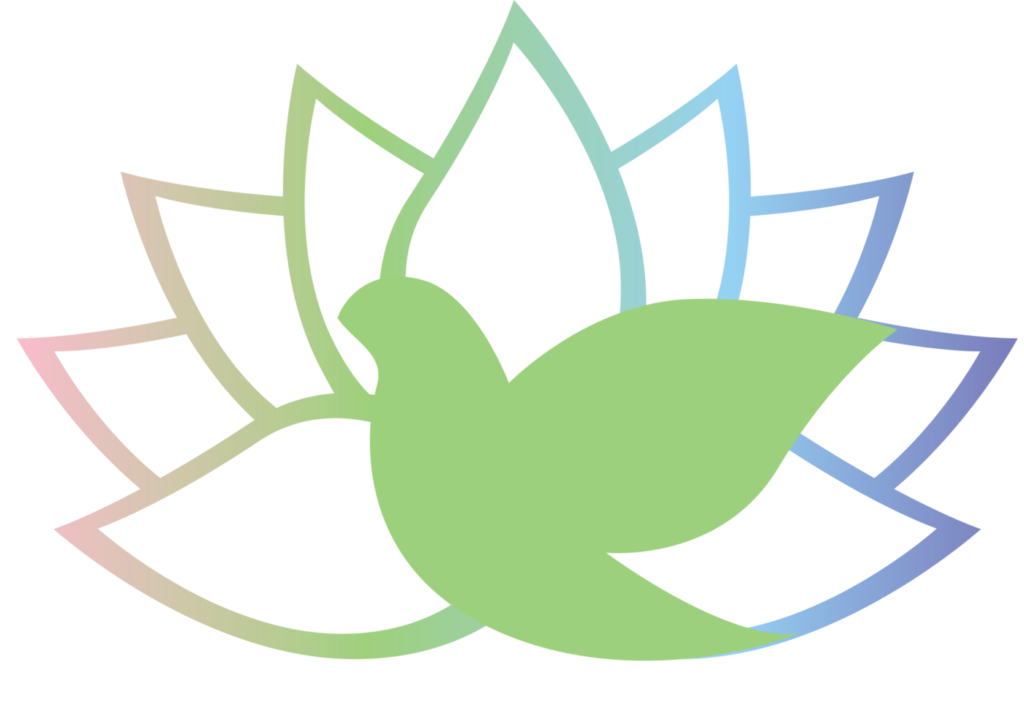
Join our Community of Peaceful Living Wellness Warriors
and receive a special free gift:
Our Top 5 Tips for Peaceful Living
Every artist develops their own preferences. There’s a 50% chance you already disagree with everything I’ve written on this page so far. If that’s you, good. You’ve already found what fills your cup – and maybe it is the perfect coffee shop with the best chairs. But if you’re still wandering, still grappling with every fleeting thought you wish you could hold on to long enough to pin it to a page, this is for you.
I didn’t write for nearly a year. Then I found my beginning again at a night bazaar and a dimly lit bar. Maybe you will too.
Starting Fresh By Revisiting What’s Old
My summer bag doesn’t fit my favorite journal. Its rounded rattan edges allow for the smallest of things, among them a journal that I haven’t touched since 2014. Blank pages are blank pages though, and reading old notes is the best way to put off facing new ideas.
I sifted through old memories and encounters, a few favorite quotes from a book I was reading at the time (The Witch of Portobello by Paulo Coelho – which I had forgotten I read and own) before flipping to an old idea.
Every now and then there’s a moment when words speak so loudly that they weigh down the page. It’s not so much that they command your attention as it is that they encourage a raised eyebrow, something that makes you go ‘huh.’ I immediately knew where I wanted to begin, even if I had no direction at all.
Prompts from the past can be simple things – the joy of suddenly realizing you can smell the flowers you’re walking past, a musing on what is or what could be, the question of what if.
(If you’ve been following along, you know the joy of playing what if.)
This one was no exception. The idea was simple, dark, and wholly intriguing: What if we had no shadows?
I spent the rest of the night writing in-between bouncing ideas around with my brother, toying with new directions and consequences, driving desires and plausible outcomes.
Beginnings are often frustrating because we think if we just continue to throw spaghetti at a wall we’ll find something that sticks. And while I have no idea why that analogy exists, I do know this – it’s a sucky process. It’s as elegant as a grubby hand rummaging around in a candy jar, greedily looking for the next contributor to a sugar high. What creative brain wants to work like that?
Sometimes, being creative is more like wandering. You have a purpose, you’re sure of it. But you don’t know it until you see it. Your creative soul demands a blind faith while your rational brain has a lengthy list of questions and demands.
There’s a quote that’s always spoken to me:
“Your reason and your passion are the rudder and the sails of your seafaring soul. If either your sails or your rudder be broken, you can but toss and drift, or else be held at a stand-still in mid-seas. For reason, ruling alone, is a force confining; and passion unattended, is a flame that burns to its own destruction.” – Kahlil Gibran
Every beginning requires your belief, and your direction. You won’t be able to see one without the other.
How To Create Space For Sparks Of Curiosity
Once you’ve found your beginning, there’s the nagging question of what to do with it. Because of course it’s not enough that you’ve finally found it. You have to actually do something.
I mean it. The more cringeworthy, the better. Get it out of your system now, every last word. Treat that blank page like a waste bin for your thoughts. Because if you can do that, if you can allow yourself to write without judgement, you can find your story.
Half the battle is sifting through the thoughts that make your stomach churn with anxiety because they’re that bad. Find joy in this act. Sit with how uncomfortable the very thought of doing so makes you. Then play. Find the freedom in being really awful. It’s the first step.
If you can manage it, what will eventually happen is this: You’ll begin to write freely, looking at every thought not as good or bad, but in terms of ‘how would this move the story forward?’
Suddenly it’s not about you anymore, and the realization of this wasn’t even a conscious effort because you’re existing and playing in a world that you’re also creating. You’ve learned how to create and hold space for your art.
Whoever said curiosity kills the cat must have held a vendetta against artists, because it’s that very curiosity, that muchness, that drives us forward to create the art that someone out there needs.
The Truth About Beginnings
As writers, we learn that the true beginning is never actually the beginning. You take the first few scenes of your story, skip to where the action is, and plant the reader there.
Yet we still place the responsibility of beginnings on our creative processes.
Finding a place to start is always the hardest part. Our craft tends to dig its heels in the dirt when we demand it show up. And of course it does. We’re avoiding where the action is. Find the point that drives your imagination, and run with it.
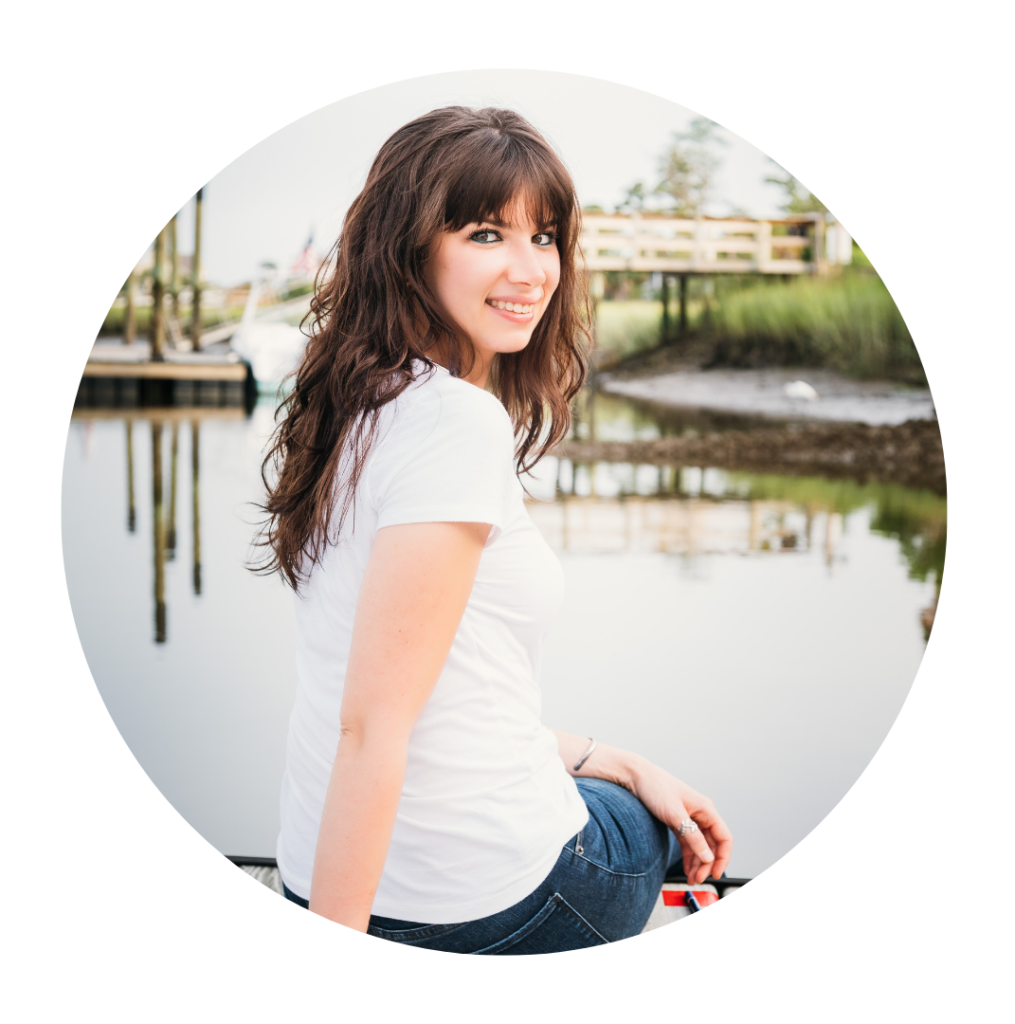
SAMANTHA PATERNOSTER
Writing is much bigger than a career. It’s more interesting than a hobby. It’s the spark to an eternal curiosity that has led me to learn unexpected skills, treasure knowledge passed down through generations, and create a space for voices that need to speak.
I earned my B.A. in Creative Writing from Brandeis University, with a focus on long and short fiction. I have nearly a decade of experience as a copywriter and editor. But I’ve also worked as an Email Analyst and QA Analyst at Yale University, helping to launch their redesigned Giving page circa 2014.
Most recently, I’ve started my own business – Creatively You. Built for my clients, it is founded on one simple act: listening. By listening to my clients’ dreams and needs, I am able to help them develop their brands through cohesive web design and content that tells their stories.
I don’t believe in linear paths. I do believe in the magic that embracing the unknown can bring.
